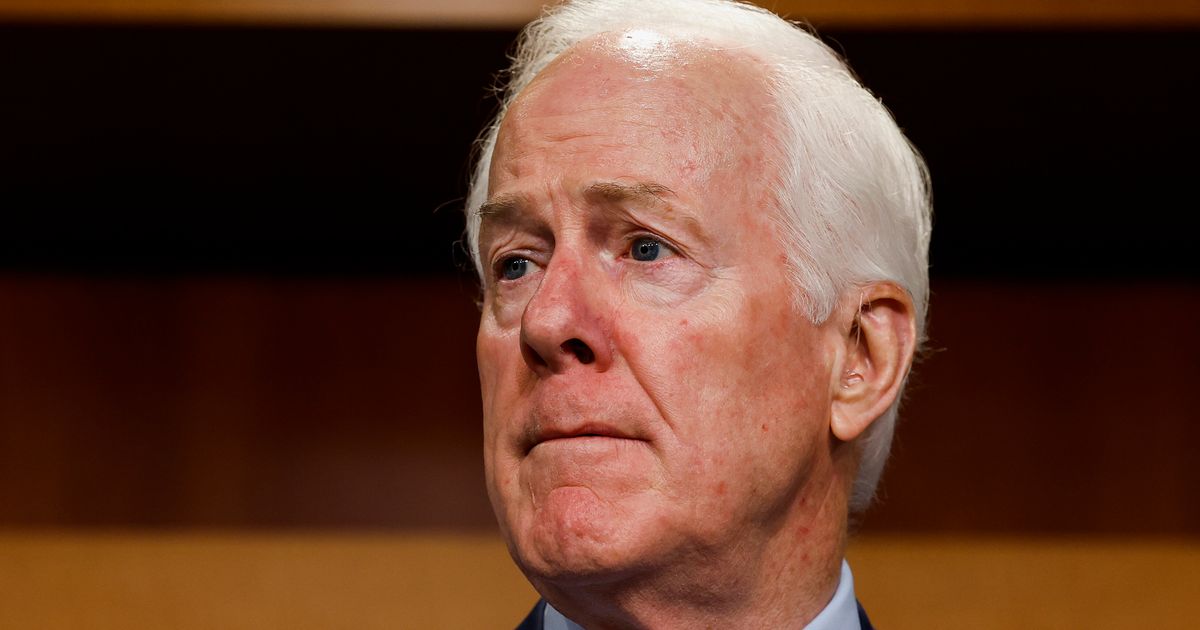Key takeaways:
- The House of Representatives voted to oust House Speaker Kevin McCarthy, leaving the lower chamber in a state of paralysis and increasing the odds of a government shutdown.
- The Republican Party is now tasked with finding a new leader to take the House forward.
- The party will need to find a consensus soon in order to avoid a costly budget standoff.
In a historic move, the House of Representatives voted to oust House Speaker Kevin McCarthy (R-Calif.) on Tuesday, leaving the lower chamber in a state of paralysis and increasing the odds of a government shutdown next month. With no clear successor and a small band of insurgent Republicans, the question of how Congress will avoid a costly budget standoff is now even harder to answer.
House Majority Leader Steve Scalise (R-La.) is one of the Republicans to watch in the coming weeks, as he could potentially be a speaker candidate or an influencer in the battles. Sen. Mitt Romney (R-Utah) commented that the power vacuum in the House will make it more difficult to pass legislation, and Sen. John Cornyn (R-Texas) called McCarthy’s ouster “disgraceful.”
The House is now without a leader for the first time in American history, and the future of the chamber is uncertain. With no clear leader, the House is unable to pass legislation, and the possibility of a government shutdown is looming.
The Republican Party is now tasked with finding a new leader to take the House forward. It is unclear who will take on the role, but the party will need to find a consensus soon in order to avoid a costly budget standoff. With McCarthy’s ouster, the Republican Party has a difficult task ahead of them.



Be First to Comment